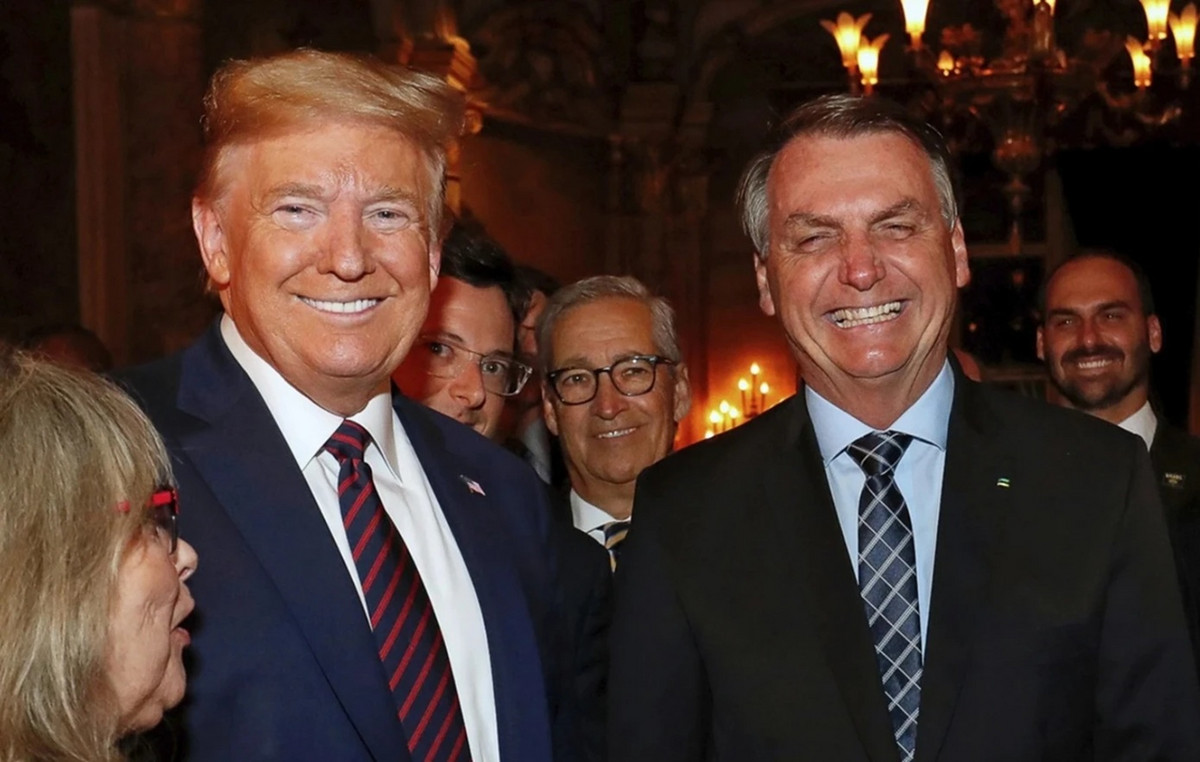With nine days to go before the new UK prime minister is announced, polls indicate that the Conservative Party is likely to choose Boris Johnson’s Foreign Secretary Liz Truss as its leader.
About 200,000 party members are voting for one of the two contestants, while Truss and Sunak are on the campaign trail. The result will be announced on September 5.
Here are five factors that help you understand the decision:
1) What’s at stake
After resigning from a scandal-ridden tenure, Boris Johnson will leave the UK government amid an all-time high in prices.
Annual inflation hit 10.1% in July, according to data published by the Office of National Statistics (ONS) — hitting a new 40-year record.
Earlier this month, the Bank of England raised interest rates by 50 basis points to 1.75% – the biggest increase in 27 years – and said it expected the British economy to slip into recession by the end of the year.
The nation is still facing soaring energy bills since prices rose in Europe last fall as demand surged as restrictions imposed by the Covid-19 pandemic were lifted. With the invasion of Ukraine by Russia, the crisis was accentuated.
The Office for National Statistics said last week that natural gas prices in the UK were up almost 96% in the year to July, while electricity prices were up 54%.
On a visit to Kiev, Ukraine, this week, Boris Johnson blamed Russian President Vladimir Putin for the scenario. “And I come from the UK, where we are fighting inflation that is being driven by the rise in energy prices caused by Putin’s war,” he said.
Annual consumer price inflation for gas and electricity in the UK is expected to rise to an average of around 80% this year, compared with an average of 40% in the 19 countries that use the euro, according to an analysis by Deutsche Bank.
2) Who are the candidates?
Under the rules of the British system, when a prime minister does not serve his entire term, the party he belongs to must choose a new leader. In that case, the Conservative Party is responsible for choosing the next prime minister until general elections take place again.
The race for the lead in the legend started with ten candidates, and after five rounds of voting, Liz Truss and Rishi Sunak were chosen, on July 20, as finalists. Sunak won 137 votes to Truss’s 113 in the final round.
Liz Truss

Boris Johnson’s current foreign secretary, Liz Truss, remains in the government until the current prime minister leaves office in September.
The candidate has accompanied Johnson since the beginning of his government, remaining after all the scandals that spanned the term that began in 2019. In the final controversy that led to the resignation of Johnson and a series of government members, involving the appointment of Chris Pincher, she justified that he would remain in the post because he was coordinating the response of the United Kingdom to the invasion of Ukraine.
During Brexit, the Conservative voted for the United Kingdom to remain in the European Union. Now, Truss supports the deal, considering her fears that the exit could cause “disruption” were not right.
In her campaign to take over the leadership of the party and, consequently, the post of prime minister, the secretary has defended a conservative agenda, pledging to reduce taxes, break EU regulations and encourage private sector growth with low corporate taxes. .
Truss is also determined to deliver the Northern Ireland Protocol bill – concerning a disagreement with the EU over how to deal with customs arrangements for goods traveling between Britain and Northern Ireland.
Rishi Sunak

Sunak was also a member of the current government, serving as Chancellor of the Treasury (Finance Minister) from 2020 to 2022. His public image benefited when he introduced popular measures related to the pandemic, such as a license regime and restaurant discounts.
Recently, he was pressured by questions related to the tax situation of his wife, Akshata Murthy, a multimillionaire who lives in India. If he wins the dispute, he should also be criticized by the opposition for having been fined at the same “Partygate” event that Johnson was at, during the lockdown caused by the pandemic.
Like Truss, the candidate can also be questioned for his loyalty to Johnson, although in his case he resigned in the Pincher scandal. However, unlike his opponent, when it comes to Brexit, Sunak defended the United Kingdom’s exit from the bloc while the agreement was in progress.
Recently, in an interview with the magazine “Spectator”, the former finance minister criticized the measures adopted to combat the pandemic. Sunak said the government was “wrong to scare people” about the coronavirus.
3) How voting works
To elect the new party leader and Prime Minister of the United Kingdom, Conservatives can vote until 5 pm on Friday, September 2nd. According to legend information, votes received after this time will not be counted.
The voting member must have been part of the party for at least three months, counted prior to the day the election ends, to be able to participate. This means that only current supporters who joined on or before June 3, 2022 will be considered — which adds up to around 200,000 people.
Voting ballots are being mailed.
4) What the polls say
Shortly after the finalists were chosen, Sunak was named as the favorite. But polls of intent to vote have shown otherwise, and Truss leads the race by a wide margin.
According to a survey carried out by the YouGov institute for Sky News, released on the 18th, the Secretary of Foreign Affairs is 32 percentage points ahead of her opponent. Truss had 66% of voting intentions, while Sunak had 34% and 13% said they were undecided or would not vote.
On August 13, a poll by Opinium Research pointed to a 22 percentage point difference between the two candidates: of 450 Conservative Party members who decided their votes in the ongoing leadership election, Truss had 61% of the intentions, while Sunak had 39. %.
According to Opinium, the top three reasons for supporting Truss were her dislike of Sunak, her perception that she was more trustworthy, and her loyalty to Johnson. Those who defend the former finance minister say he is better at the economy and the more competent or intelligent of the two candidates.
5) What are the favorites’ proposals?
Liz Truss’ main bet to deal with the UK’s economic situation, if she wins the dispute, is to invest in tax cuts. The conservative intends to apply a set of tax cuts to personal and business income worth more than 30 billion euros (equivalent to about R$151 billion at the current price), according to estimates by the Institute of Fiscal Studies.
Truss also intends to reverse an income tax increase (which was established in April) and not comply with plans to raise taxes on companies next year from 19% to 25% – as a measure to deal with the post-pandemic.
The Secretary of Foreign Affairs also proposes to increase defense spending, under the justification of “protecting the borders”, and to expand the police contingent.
“It is a vision of a low-tax economy with sound economic management, which puts personal freedom and responsibility at the heart of everything we do and is on the side of hardworking people,” his proposal summarizes.
*With information from Anna Cooban, Jack Guy and Luke McGee of CNN and Reuters
Source: CNN Brasil
I’m James Harper, a highly experienced and accomplished news writer for World Stock Market. I have been writing in the Politics section of the website for over five years, providing readers with up-to-date and insightful information about current events in politics. My work is widely read and respected by many industry professionals as well as laymen.







